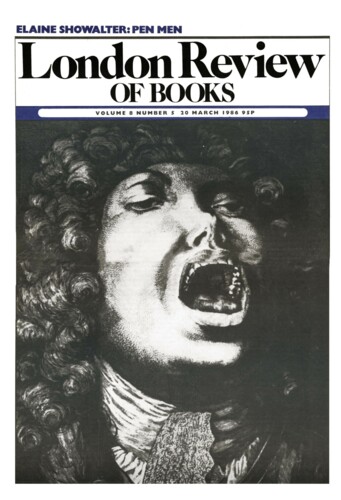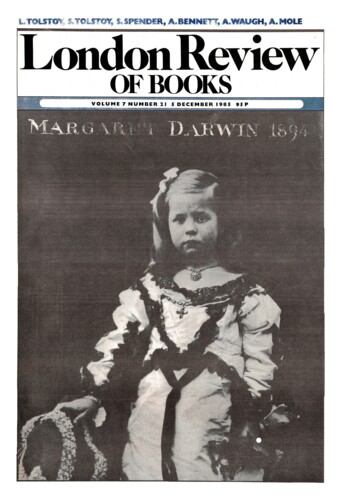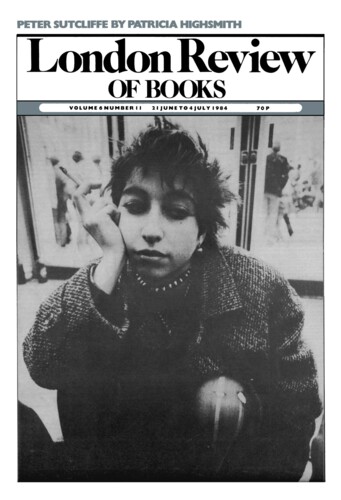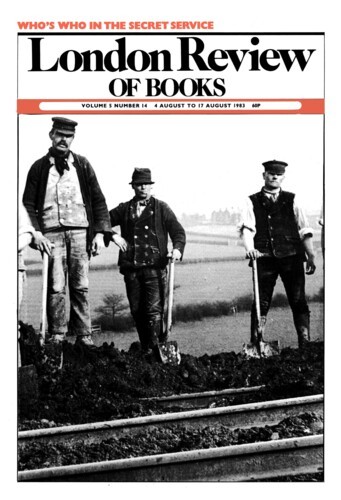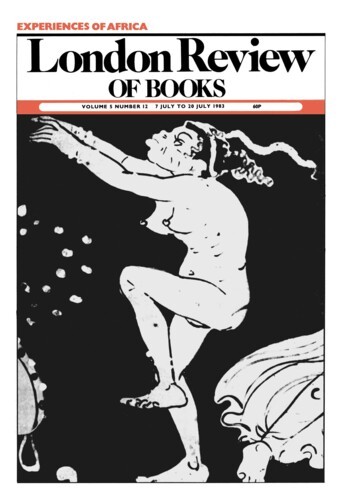Diary: Give me a Basher to travel
Robert Morley, 20 March 1986
In the midst of a recent cold snap am off to Glasgow to speak at a dinner for the Brewers’ Benevolent Society. Super Shuttle involves free drinks but climbing in and out of buses. I tread warily and impede those innocents who believe the vehicle will take off when they climb aboard. Seasoned travellers realise that a degree of discomfort and indeed overcrowding must first prevail. Domestic flights are the Cinderellas, Birmingham is not Capri: calm down and walk.
